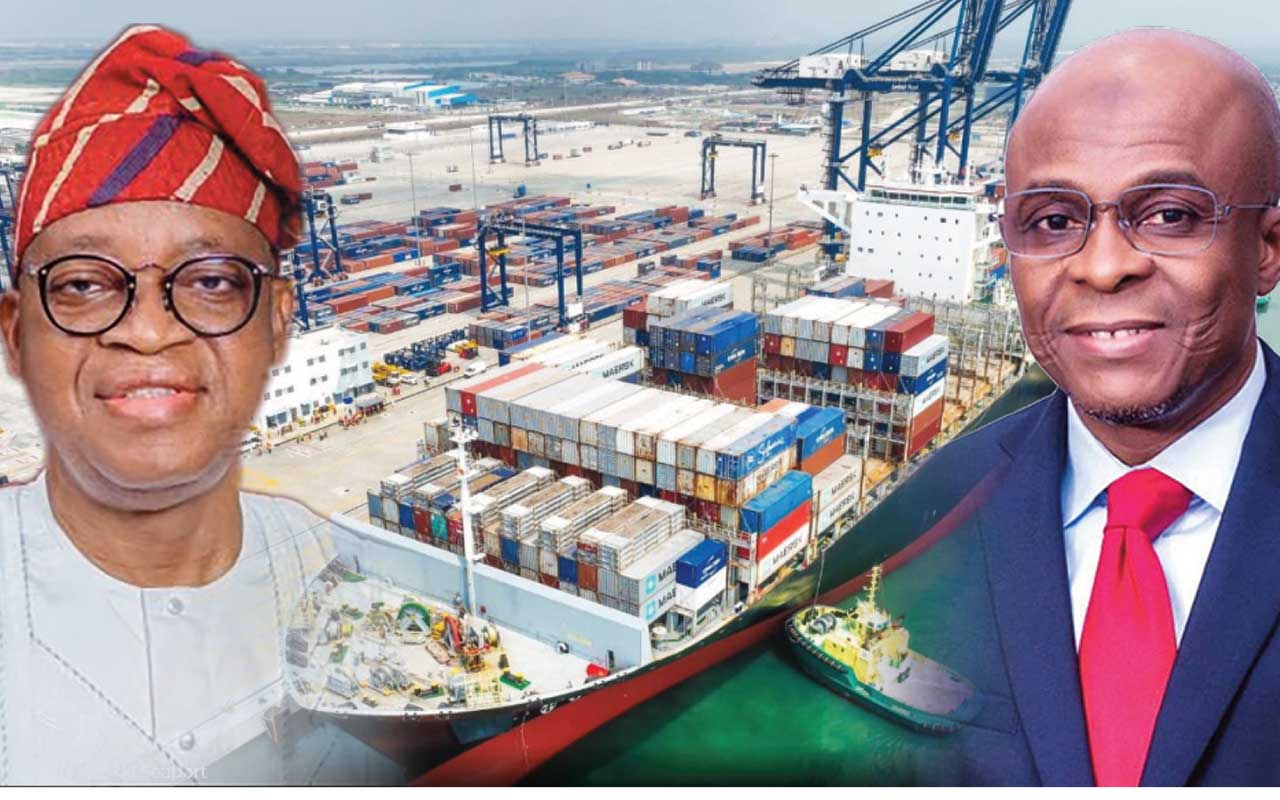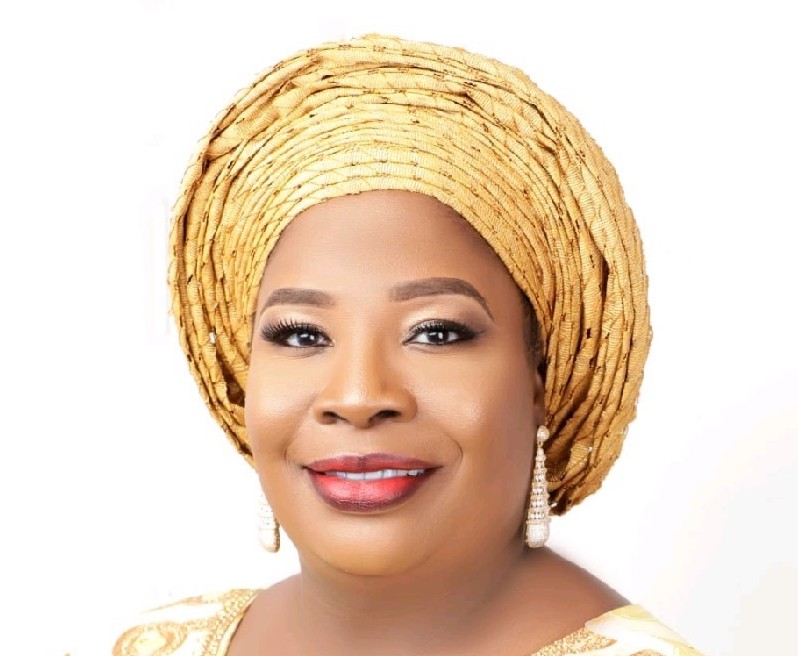The Merchant Seafarers Association of USA Inc. and Nigeria has renewed calls for the establishment of a Nigerian Coast Guard, describing it as a critical reform necessary to secure the nation’s waterways and protect its maritime economy.
The seafarers argued that the absence of a Coast Guard has contributed to persistent issues such as oil theft, illegal bunkering, piracy and unregulated fishing despite years of naval deployments.
In a statement titled “A Refutation to Vice Admiral Idi Abbas: A Call for Strategic Maritime Reform,” and signed by the President, Prof. Alfred Oniye, the seafarers said these challenges continue as they require civilian-led enforcement and community engagement, not military command structures.
Oniye faulted the recent remarks of the Naval leadership, which dismissed the idea of a separate Coast Guard as overlapping of functions and recognised that the Navy already performs both agencies’ duties.
He said this statement ignores decades of operational inefficiencies, jurisdictional confusion, and the chronic inability to secure the nation’s inland waterways and coastal zones.
According to him, the country currently has functional overlap without accountability, arguing that the present approach to maritime security, which places both military and civilian enforcement roles under the Navy, is ineffective and outdated. He said conflating these roles has led to a dilution of focus, overstretching naval resources, and leaving critical gaps in maritime governance.
The seafarers stated that the country can no longer rely solely on the Navy to safeguard its waterways and maritime economy, noting that a Coast Guard would ensure clearer lines of responsibility, operational focus and better coordination across each institution.
“The Nigerian Navy, by design and doctrine, is a warfighting institution, not a civil maritime law enforcement body. A Coast Guard, with a civilian mandate and clear legal authority, will enforce maritime laws, conduct search and rescue, and protect Nigeria’s blue economy from non-military threats,” he said.
The seafarers highlighted several countries—including the United States, India, and Brazil— that have adopted similar dual structures, with the Navy focused on defence and the Coast Guard handling non-military maritime security and law enforcement.
Oniye explained that the Nigerian Constitution and extant maritime laws do not vest the Navy with civilian policing powers required for fisheries protection, environmental regulation, customs enforcement or port security, which are core functions of a Coast Guard.
Oniye cautioned against viewing the establishment of a Coast Guard as a political or bureaucratic burden, insisting it is a strategic necessity.
He further emphasised that investing solely in naval technology without structural reform was unsustainable, maintaining that drones and artificial intelligence can aid surveillance, but will yield limited results without a mandated institution to enforce maritime laws.






